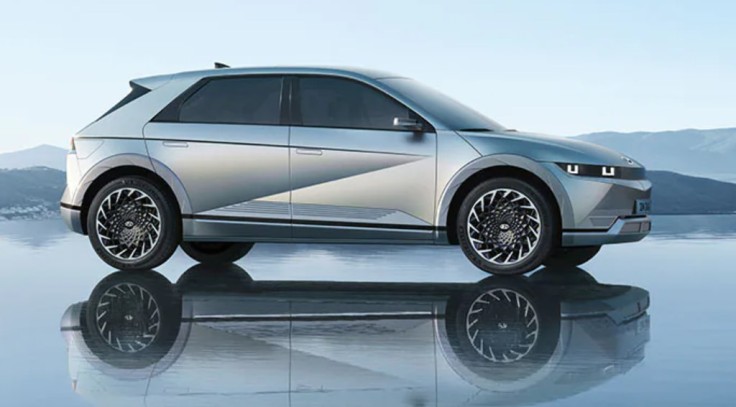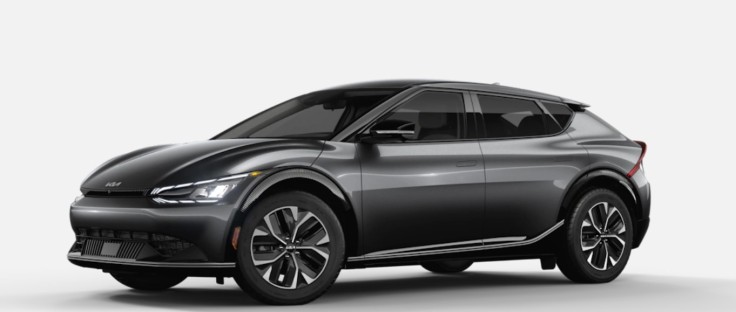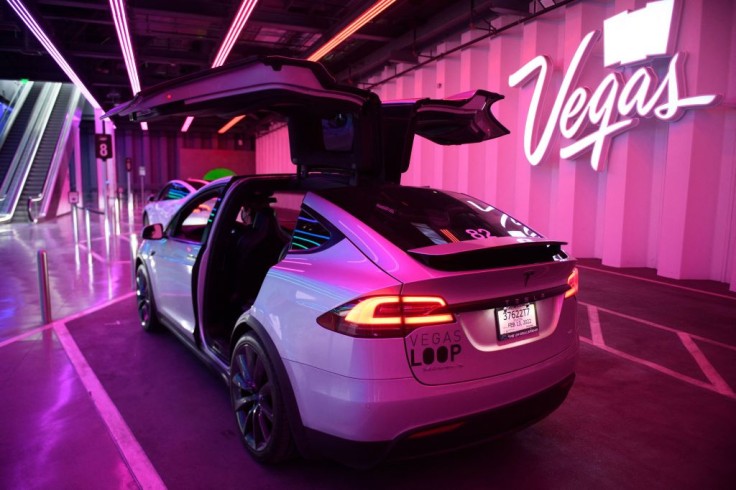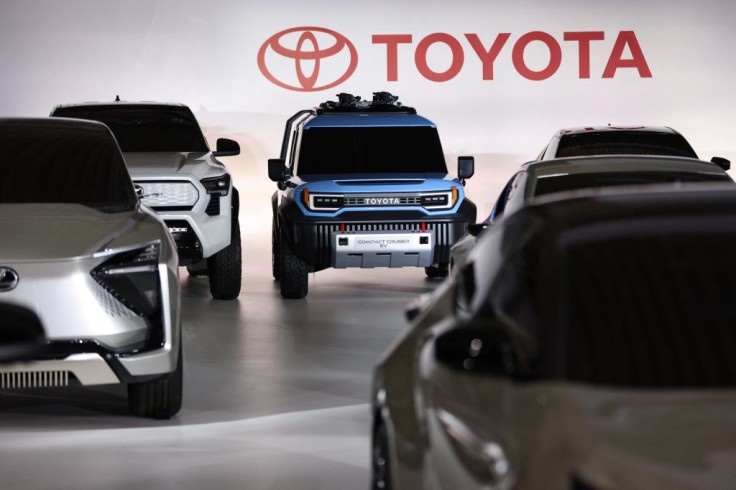Nearly 20,000 Hyundai and Kia electric vehicles (EVs) are being recalled. The issue concerns the Hyundai Ioniq 5 and Kia EV6, two EVs developed on the Korean automakers' new E-GMP platform.

What's the Reason Behind the Recall?
According to Ars Technica, the problem is with the parking brake function on EVs. A command signal from the shifter control unit could disconnect the parking pawl if a voltage fluctuation occurs while the vehicle is parked and turned off, potentially allowing the car to roll away.
Hyundai claims to have had four reports of Ioniq 5s being affected.

Because of the problem, car owners are encouraged to use the electronic parking brake instead of turning off and walking away when parking their vehicles.
The automakers will contact owners of impacted vehicles to schedule the software patch.
Read More : Toyota Recall Affects 460,000 Vehicles Due to Electronic Stability Control Problems - Lexus Isn't Spared
The Automobile Industry Is No Stranger to Recalls
Just last week, we reported that Tesla is recalling 130,000 vehicles owing to a software issue that causes the AMD Ryzen CPU in the infotainment systems of the vehicles to overheat during fast charging.
A recall notice of the National Highway Traffic Safety Administration (NHTSA) read, "During fast-charging or preparation for fast-charging, the infotainment Central Processing Unit (CPU) may not cool sufficiently to prevent higher than expected temperatures, which may cause the CPU to slow processing or restart."
Slower or restarted processing, as per NHTSA, might cause the center screen display to lag or seem blank.
The NHTSA noted that drivers may be unable to use their backup camera, gear selection, windshield visibility control settings, or warning lights if their CPU is sluggish or restarting. As a result, the probability of an automobile accident increases.

In a separate story, Tesla issued a recall to 7,289 Model X last month owing to front-row side airbags that may not deploy in the case of a collision. This recall affects model years 2021 and 2022. Tesla expects to begin sending notices to owners of affected vehicles on or around June 7.

Last month, Toyota and its luxury auto brand, Lexus, had also issued a recall.
Toyota recalled 460,000 vehicles in the U.S. "to ensure the safety of its electronic stability control system."
It is reported that when Toyota vehicles are restarted, this software flaw may cause the system to fail to automatically switch to "on" mode.
Unfortunately, because the system relies on a computer to individually brake wheels to help drivers in maintaining control, this can result in the system being disabled.
Lexus, on the other hand, had to recall over 4,000 NX models owing to a major structural fault.
The luxury carmaker recently stated that their 2022 NX SUVs will be recalled. It comes as less than 1% of the recalled units have missing spot-welds, which might lead to the luxury crossover's front shock mounts being removed.
In addition to recalling thousands of 2022 NX models, Lexus has urged its dealers to cease sales of the premium SUV until the problem is fully resolved.
Related Article : Tesla Recalls 130,000 Vehicles With Overheating AMD Ryzen CPUs









